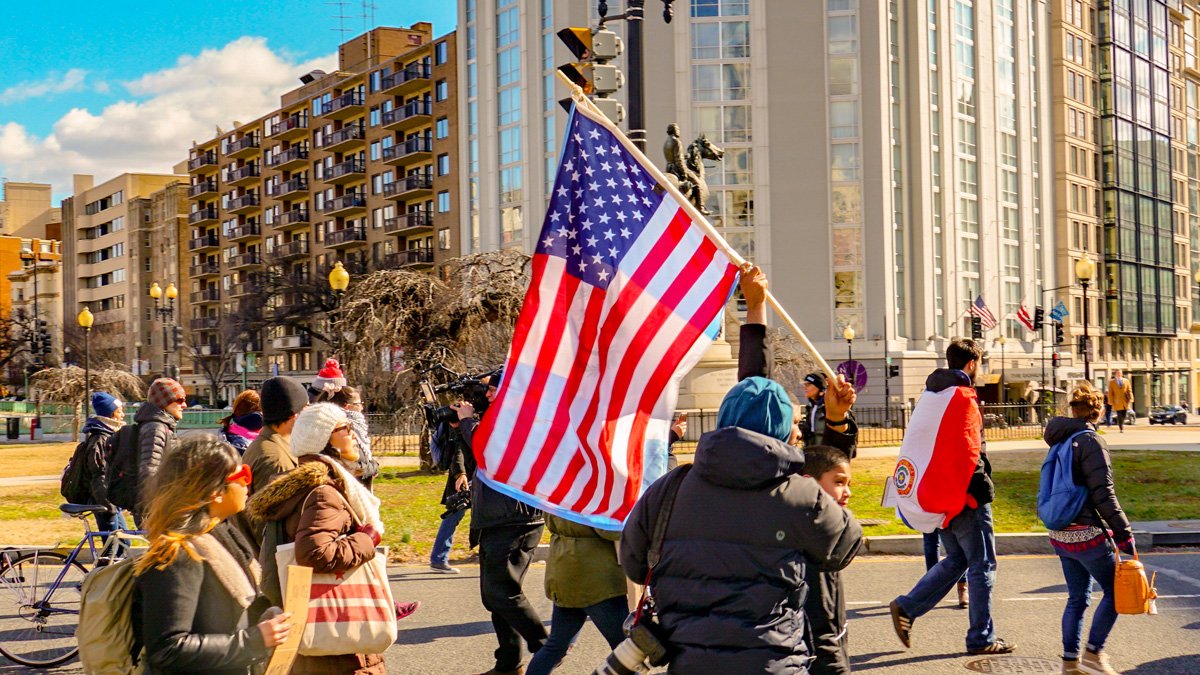
The inauguration of President Donald Trump signals a significant shift in U.S. immigration policy, with the administration poised to implement stringent measures aimed at curbing both illegal and legal immigration.
Proposed Policies
- Mass Deportations: President Trump has pledged to initiate the largest deportation operation in American history, targeting between 15 to 20 million undocumented immigrants. This plan involves deploying federal and state resources to detain and expel undocumented individuals, potentially leading to family separations and significant logistical challenges.
- Construction of Detention Facilities: To accommodate the large number of detainees, the administration plans to construct expansive detention camps near the southern border, utilizing redirected military funds if necessary. These facilities are intended to hold individuals awaiting deportation.
- Termination of Birthright Citizenship: An executive order is anticipated to end birthright citizenship for children born in the U.S. to undocumented parents. This policy would require at least one parent to be a U.S. citizen or legal resident for a child to obtain citizenship, challenging the current interpretation of the 14th Amendment.
- Reinstatement of Travel Bans: The administration intends to reinstate bans on entry from certain Muslim-majority countries, citing national security concerns. This move is expected to face legal challenges and international criticism.
- Restriction of Legal Immigration Pathways: Plans are underway to reduce legal immigration avenues, including the suspension of refugee admissions and the elimination of certain humanitarian protections. These measures aim to decrease the overall number of immigrants entering the country legally.
General Outlook
The administration’s aggressive stance on immigration is likely to have profound social and economic implications. The proposed mass deportations could disrupt industries reliant on immigrant labor, such as agriculture and construction, potentially leading to labor shortages and economic downturns. Additionally, the construction and maintenance of large detention facilities would require substantial financial resources, with estimates suggesting costs ranging from $315 billion to $967 billion.
Critics argue that these policies may violate constitutional rights and lead to humanitarian crises, particularly concerning the treatment of asylum seekers and the separation of families. Legal challenges are anticipated, especially regarding the reinterpretation of birthright citizenship and the reinstatement of travel bans.
In summary, the new administration’s immigration policies represent a dramatic departure from previous approaches, emphasizing enforcement and restriction. The implementation of these measures will likely face legal, logistical, and ethical challenges, shaping the future landscape of U.S. immigration.

